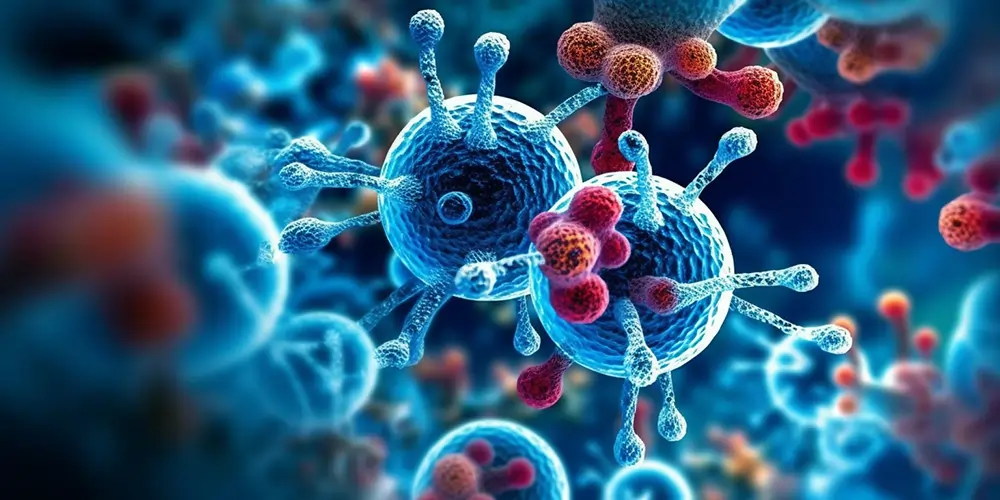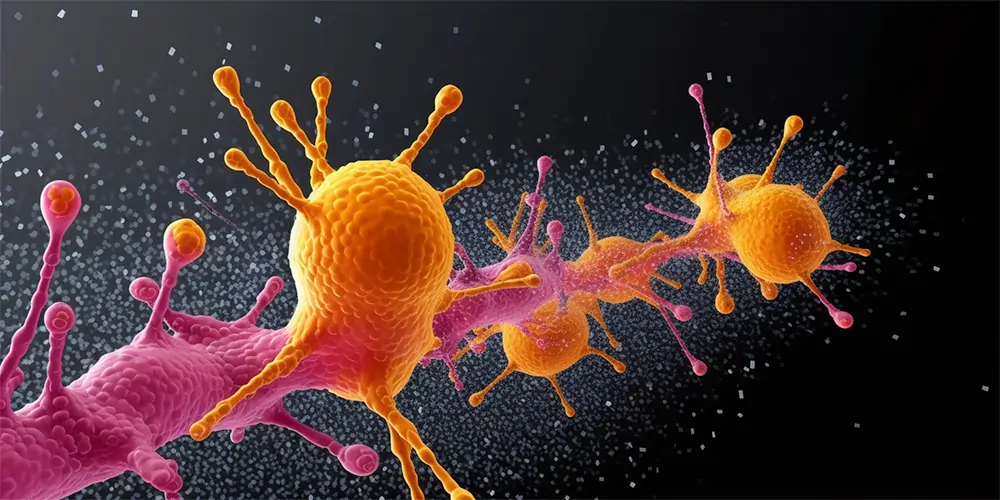In a trailblazing study of immense scientific importance, researchers have used artificial intelligence to identify a potent antibiotic, capable of tackling the perilous superbug, Acinetobacter baumannii, infamous for its role in hospital-acquired infections worldwide.
Recognised as one of the biggest threats to mankind, antimicrobial resistance may find a formidable opponent in AI.
“AI can rapidly explore vast regions of chemical space, significantly increasing the chances of discovering fundamentally new antibacterial molecules,” noted Dr Jonathan Stokes, lead author from McMaster University, highlighting the game-changing potential of this technology.
Breaking Down the Superbug Menace
A. baumannii, classified by the World Health Organisation as a “critical” threat among “priority pathogens”, is notorious for causing complications such as pneumonia, sepsis, and meningitis.
Patients with weakened immune systems, particularly premature infants, find themselves especially susceptible to this deadly bacteria.
A baumannii can survive on a variety of surfaces and has the ability to acquire DNA from its environment, including antibiotic-resistance genes.
The bacteria can spread through contaminated hands, leading to a higher risk of infections in hospitals, nursing homes and among patients with open wounds from surgeries.
However, it’s this ability of A. baumannii to resist existing antibiotics that places it among the most problematic of bacterial species.
With antibiotic-resistant infections tragically claiming over a million lives each year, the urgency of finding a robust solution could not be more paramount.
Deep Learning
This groundbreaking study demonstrates the significant strides that machine learning and AI can bring to the medical field.
Deep learning, a subset of machine learning based on neural networks that mirror the human brain, was used by Canadian and US scientists to identify the new antibiotic, named Aubacin.
By employing an AI algorithm to predict the compound capable of defeating A. baumannii, researchers were able to circumvent the conventional, time-consuming and costly molecule screening techniques.
Gary Liu, a graduate student from MacMaster University, who played a pivotal role in the research said, “My job was to train this model… to tell us essentially if new molecules will have antibacterial properties or not.”
With AI, the team considerably enhanced the efficiency of the drug discovery process, honing in on molecules that held the most promise in the fight against bacterial infections.
The Discovery of Aubacin and Future Possibilities
The AI model, once trained, analysed 6,680 previously unencountered compounds. The result was several hundred potential antibiotics, 240 of which were tested in the laboratory, ultimately revealing nine potential antibiotics, including Aubacin.
The experiment was successful in treating infected wounds in mice and effectively neutralising A. baumannii samples from patients. However, the work is far from over.
Further testing and refinement are necessary before Aubacin can be used clinically, which might take until 2030.
This research could potentially pave the way for discovering treatments for other fatal diseases such as MRSA and C. diff, by screening tens of millions of potential compounds.
Prof James Collins from the Massachusetts Institute of Technology responded with enthusiasm to the study’s outcomes, affirming, “This work is a powerful demonstration of AI’s potential to aid in our fight against formidable pathogens like A. baumannii.”
Former chief medical officer for England and government envoy on antimicrobial resistance, Prof Dame Sally Davies, praised the use of AI as a major game-changer in the fight against antibiotic resistance. “We’re onto a winner,” she said. “I’m thrilled to see the work he (Dr Stokes) is doing, it will save lives.”




